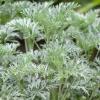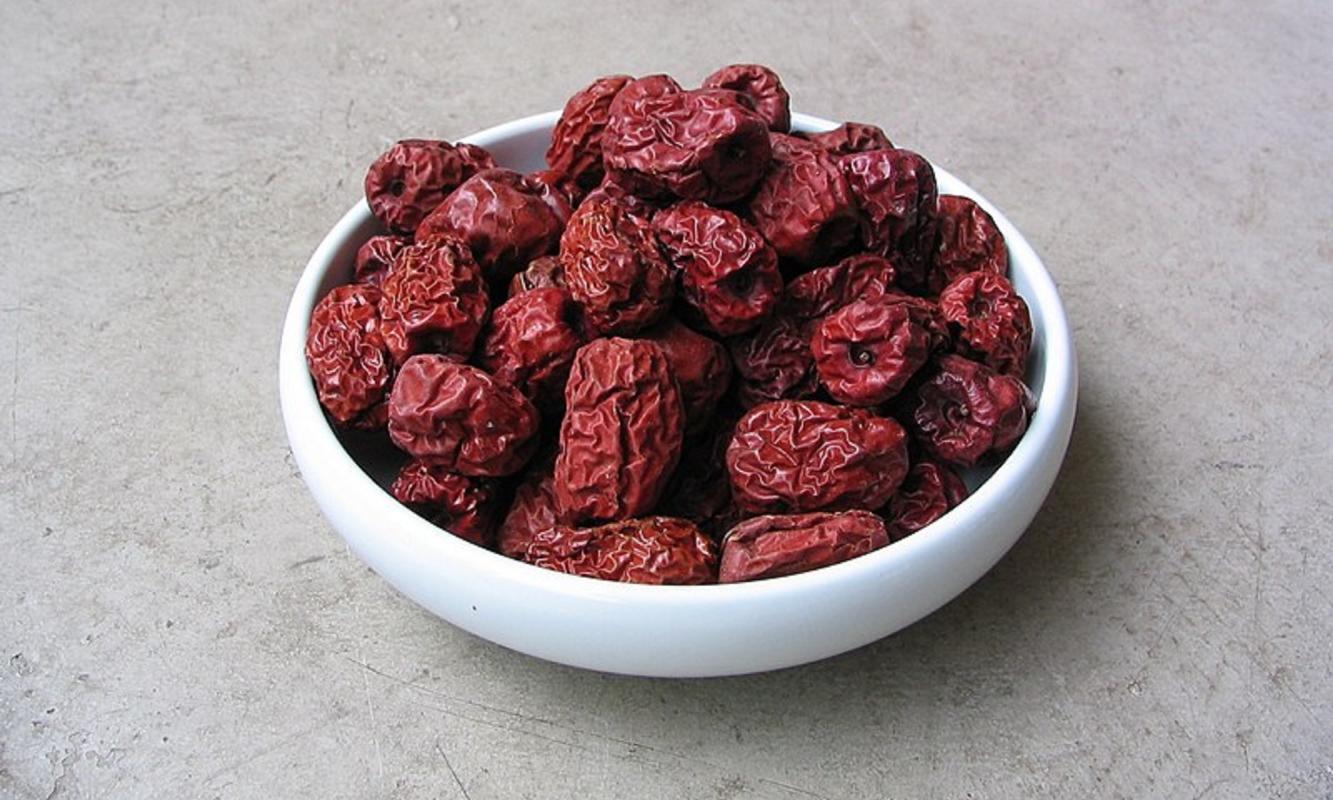
Food security and conservation in Niger
10 Feb 2023
Written by Dr Julia Baum and Mr Josef Garvi
In 2022, AWEI has partnered with Sahara Sahel Foods.
Sahara Sahel Foods is a social enterprise situated in the Republic of Niger. Their primary intent is to be a change-maker, rather than a money-maker. They process and market foods from indigenous plant species. The change the company aims for is to see Niger and similar countries from the Saharo-Sahelian region achieve food self-sufficiency through the production and consumption of wild perennial crops, so that healthy foods can be obtained whilst the environment is being restored and desertification is being countered. Wild perennial crops are plants that are pristine, often underutilized, and good for the environment.
Sahara Sahel Foods was founded in 2014 with the goal of promoting and preserving the rich culinary heritage of the Sahel region while providing economic opportunities for local farmers and communities and contributing to habitat and biodiversity conservation.
One of the unique aspects of Sahara Sahel Foods is their focus on using traditional and local ingredients in their products. They work closely with small-scale farmers, especially women, in the area to source ingredients such as hanza (Boscia senegalensis), jujube (e.g. Ziziphus jujuba), and baobab fruit (e.g. Adansonia digitate), which are used in their popular couscous, porridge, and juice products. By using these traditional ingredients, Sahara Sahel Foods is not only able to create delicious and authentic products, but helps to secure the traditional value chains of the Sahel region.
Another important aspect of Sahara Sahel Foods is their commitment to sustainability and fair trade practices. They make a point of working with local farmers who practice sustainable and organic farming methods. They further ensure that they are paying fair prices for the ingredients they source. Additionally, the company is dedicated to reducing its environmental footprint by using renewable energy sources and implementing recycling and waste reduction programs in their production facilities.
Sahara Sahel Foods' products are especially consumed by the urban populations of Niger, but also by consumers from all over the world. Their pseudo-cereals, oils, leaf vegetables, nuts and fruit powders are popular among people who are interested in West African cuisine with new twists and flavors, yet also appeal to people who are looking for healthy and natural food options. All of their products are free from preservatives, artificial flavors, and artificial colors.
In addition to their focus on producing high-quality food products, Sahara Sahel Foods also has a strong commitment to community development. They provide jobs and economic opportunities for local communities, with a particular emphasis on inclusiveness towards women. They reinvest all of their profits into either developing the activity itself further, or to support environmental and social development activities among their tree produce suppliers.
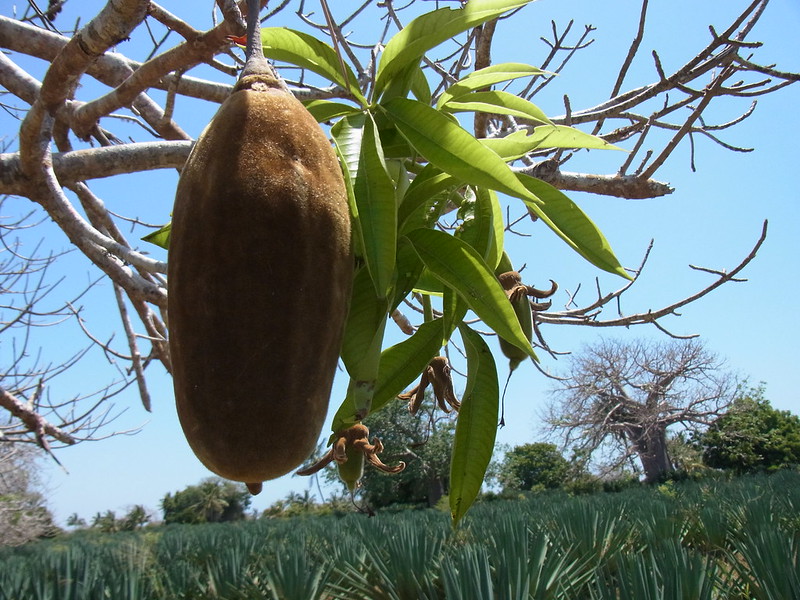
Through our partnership, AWEI and Sahara Sahel Foods are seeking to further promote the approach of implementing wildlife value chains to solve local socio-economic and environmental challenges. The collaboration based on knowledge exchange, research, engagement and capacity building will follow previous successes of Sahara Sahel Foods to reach wider international audiences.
For example, Sahara Sahel Foods is a founding initiative of the UN Decade on Ecosystem Restoration’s digital hub. In 2022, the founder Josef Garvi was hosted for a keynote debate panel of the Tropentag conference in Prague, Czech Republic and further, Sahara Sahel Foods was selected by the UNDP as one of the top 50 innovations addressing climate change in Africa in December.
Overall, Sahara Sahel Foods is an innovative and socially responsible company that is making a positive impact in the Sahel region of Niger. For 2023, AWEI and Sahara Sahel Foods plan to initiate a collaborative research project to evaluate the productivity of spontaneous marula trees in the sahelian environment, focusing on a few sites in the vicinity of Zinder.
Dr Julia Baum, Partnerships and Conservation Entrepreneurship Advisor, AWEI
Mr Josef Garvi, Executive Director at Sahara Sahel Foods
Image in text 1: Yellow ripe fruit on a Boscia senegalensis (hanza) tree in Zinder, Republic of Niger. Aridité Prospère
Image in text 2: Common jujube fruit on a tree. Zeynel Cebeci
Image in text 3: Babobab fruit on a tree. Katja Kehlenbeck
Cover Image: Dried jujube, also known as Chinese dates or Red dates. Marco Schmidt
Authors
No authors to show
We support the free flow of information. Please share:
More content
-
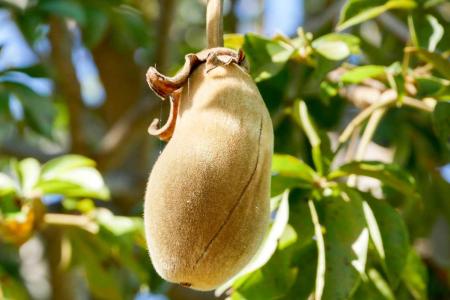
-

-
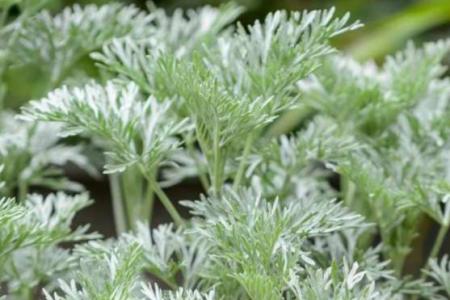
-
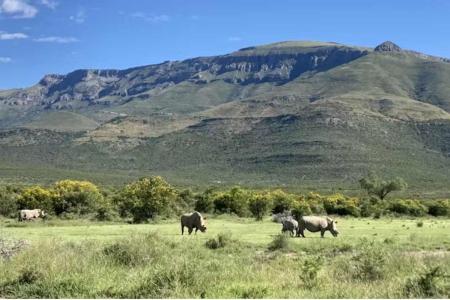
South Africa’s conservation model: why expanding the use of biodiversity to generate money is a good idea
Dr Hayley Clements…Articles -
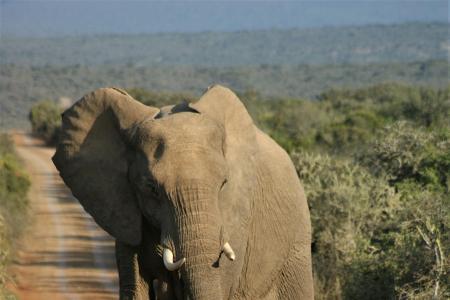
Natural capital as a potential tool for resolving human-wildlife conflict
Dr Michael MusgraveArticles -
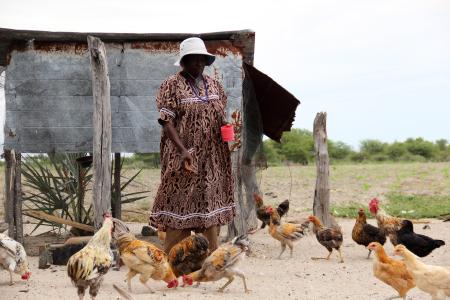
-
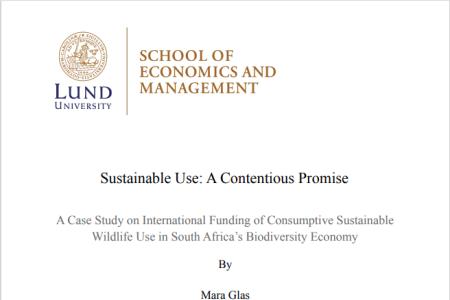
-
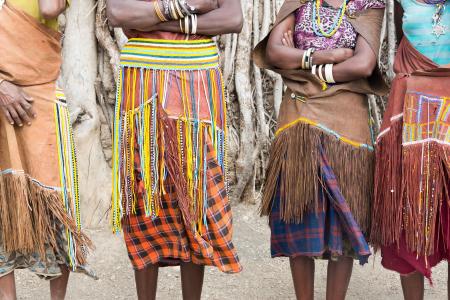
-
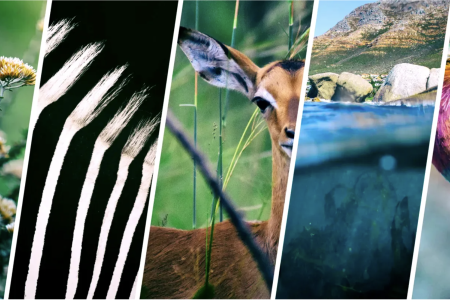
Wildlife economies have power to extend Africa’s biodiversity conservation and help curb climate change
Dr Hayley Clements…Articles
Get updates by email
In a complex and changing world, AWEI generates strategic ideas, conducts independent analysis on wildlife economies, and collaborates with global scholar-practitioners to provide training and expertise for biodiversity conservation, climate resilience, and inclusive economic opportunities in Africa.
Sign up for a quarterly dose of AWEI insights
In a complex and changing world, AWEI generates strategic ideas, conducts independent analysis on wildlife economies, and collaborates with global scholar-practitioners to provide training and expertise for biodiversity conservation, climate resilience, and inclusive economic opportunities in Africa.


